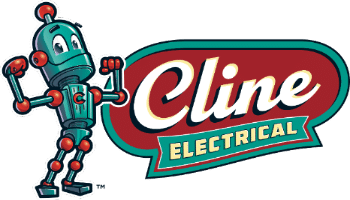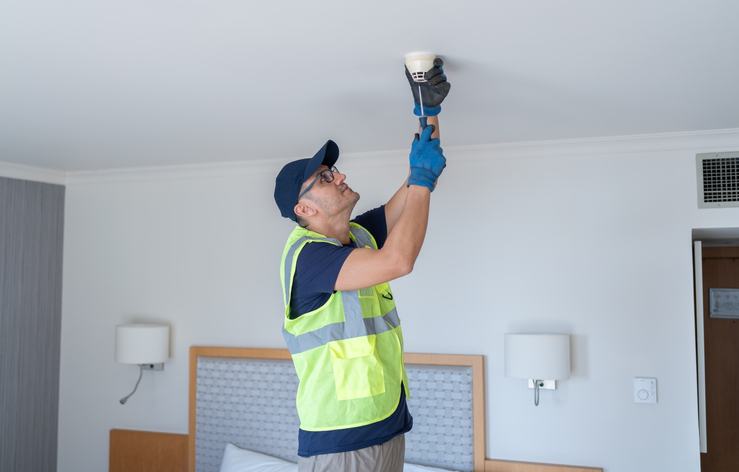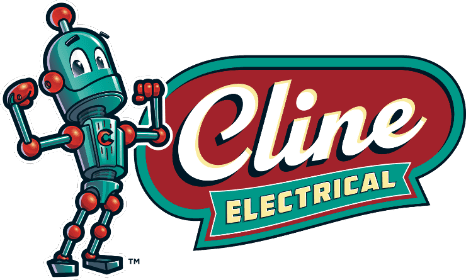Introduction
Toxic gases are often invisible, odorless, and incredibly dangerous. Homeowners frequently rely on safety devices to catch the threat before it becomes lethal. Carbon monoxide (CO) is one of the most notorious gases, often called the “silent killer” due to its undetectable nature. To combat it, millions of homes are equipped with CO detectors. But many wonder—can these detectors catch other hazardous gases as well? In this article, we explore the capabilities and limitations of modern CO detectors. Whether you’re adding one or already own a carbon monoxide detector in Salem, VA, this insight matters.
Can CO Detectors Sense Other Harmful Gases?
1. What Carbon Monoxide Sensor Is Designed to Detect
CO gas monitors are specifically engineered to sense carbon monoxide molecules in the air. These detectors contain electrochemical sensors that react when CO gas concentrations rise, triggering an alarm. Their calibration is uniquely set to this gas alone. They will not identify gases like methane, propane, or hydrogen sulfide. Their narrow focus allows them to be highly accurate at detecting carbon monoxide but blind to other dangers. Understanding this specialization helps you assess your broader indoor air safety needs.
2. Other Common Deadly Gases Found in Homes
Besides carbon monoxide, homes may be exposed to gases like natural gas (methane), propane, radon, and hydrogen sulfide. These gases originate from leaky appliances, soil infiltration, or decaying organic material. Methane and propane are extremely flammable, while radon is a radioactive gas linked to lung cancer. Hydrogen sulfide, often found near sewer systems, can be toxic even in small doses. Relying only on a CO detector won’t protect your household from these threats.
3. Why CO Detectors Don’t Pick Up Natural Gas or Propane
Natural gas and propane have different chemical structures from carbon monoxide and thus require different sensor technology. CO detectors cannot recognize or react to these gases. Most utility providers add odorants, such as mercaptan, to natural gas to create a detectable smell. However, in older adults or tightly sealed homes, these smells may not be perceived. To monitor these gases effectively, separate detectors built for combustible gases are needed.
4. Multi-Gas Detectors: A Broader Protection Option
If you want to monitor several dangerous gases in one unit, consider investing in a multi-gas detector. These devices are equipped with multiple sensor types capable of identifying CO, methane, propane, and more. Some models even detect smoke and temperature fluctuations. They’re ideal for larger homes, basements, and properties using multiple fuel sources. While more expensive, they provide broader coverage and peace of mind.
5. Best Locations for Installing Any Gas Detector
Proper placement is essential for effective gas detection. CO detectors should be installed near bedrooms and on every level of the home. Combustible gas detectors should be placed near appliances like furnaces, stoves, and water heaters. Radon detectors are typically installed in basements or crawl spaces. Avoid placing any detectors in dead air zones like corners or behind curtains. Mounting them at the right height—based on the gas’s weight—makes a significant difference in response time.
A standard CO gas monitor does one thing well: detect CO gas. However, it won’t catch other household threats like natural gas, propane, or radon. Understanding its limitations helps avoid misplaced confidence. An experienced electrical repair company in Roanoke, VA, can help assess your detection needs. Homeowners should explore additional detectors for broader protection. With smart technology on the rise, multi-gas units are becoming more accessible. Customizing your home’s detection setup based on known risks means you’re investing in more than devices—you’re prioritizing long-term safety.
Conclusion
Boost home safety with expert help from Cline Electrical Service. Alongside exterior lighting installation services in Cloverdale, VA, we provide smart upgrades for detectors. Call us at 540-380-3886 to protect what matters most.
📌 Your Local Comfort Experts — Now Serving You as Cline Electrical, Offering the Same Fast and Electrical Services You Know and Trust.







